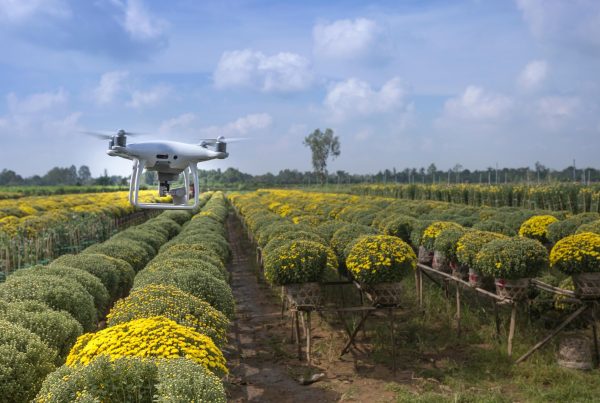A few years ago, limitations in drone autonomy posed a significant obstacle to their utility across a wide range of applications. Short-duration batteries restricted flight time and limited the effectiveness of these devices. However, technological improvements in batteries are marking a revolution in the drone industry, overcoming this age-old “Achilles’ heel.”
One of the most notable advancements has been the development of high-energy-density lithium polymer batteries. These batteries offer increased storage capacity and higher energy efficiency, resulting in significantly improved autonomy. Drones can now stay airborne for much longer periods, which is crucial for applications requiring extensive coverage or detailed inspections.
Furthermore, the optimization of power management and the implementation of more advanced battery management systems have contributed to extending the lifespan of drone batteries. This not only enhances autonomy but also reduces replacement costs and environmental impact.
These technological advances are changing how drones are used in various fields, from precision agriculture to industrial inspection and the delivery of medical supplies. Increased flight autonomy provides operators with greater flexibility and the ability to tackle challenging tasks more efficiently. As research in battery technology continues, we are likely to see even more improvements, opening up new possibilities for the drone industry in the future.





